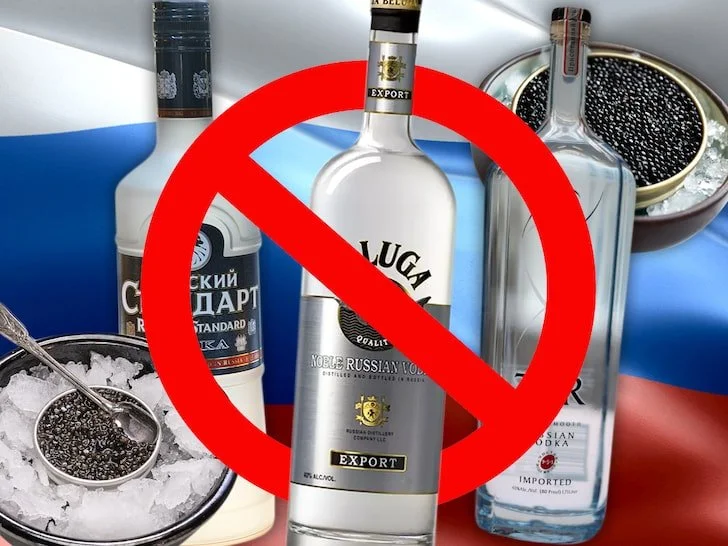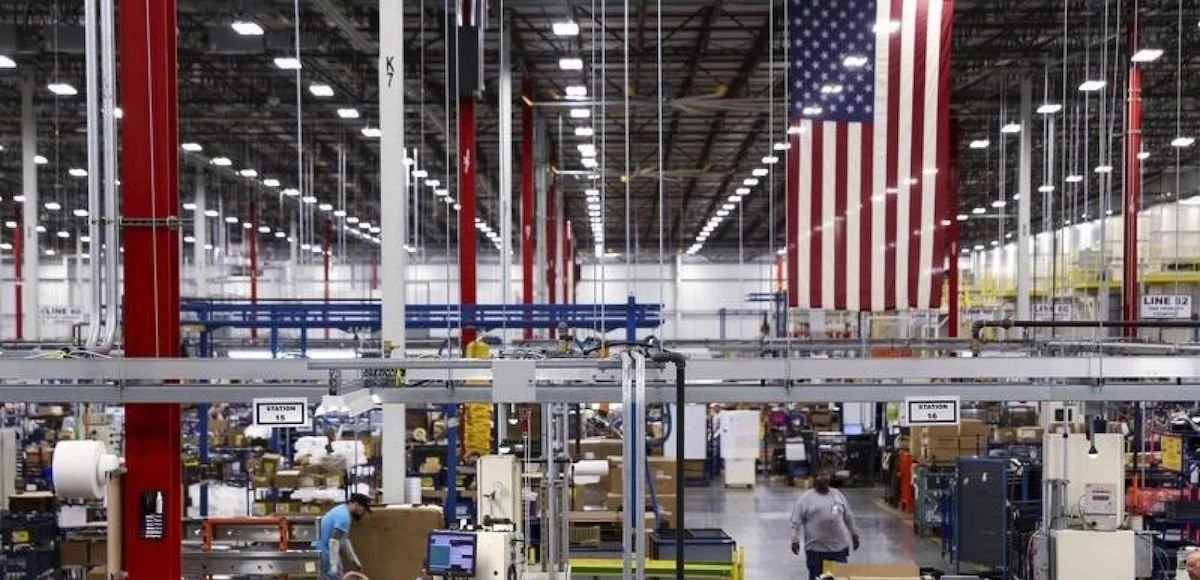Vodka BOYCOTT!
Image credit: TMZ
Around the country, as a response to the recent invasion by Russia into the sovereign nation of Ukraine, bar owners and liquor store operators pulled Russian made vodka from their shelves as a sign of solidarity. This was an example of social consciousness being exercised through entrepreneurial business decisions. If effect, these businesses were "voting with their dollars." Their choice to eschew sales of product aligned with a "bad actor" is an important and admirable action. Usually the concept of "voting with your dollars" is based on actively purchasing selected product that meets the standards of the business philosophy (or social consciousness) the entrepreneur wants to espouse. But it can be equally effective when businesses announce they are bypassing revenue due to negative connotations associated with a product or service.
In this instance, at this time in history, the Russian products are highly visible. Boycotting Russian businesses though, can be more problematic. A Russian emigre that opens a business to produce borscht and piroshki, may have no allegiance to the regime in Moscow. And still, that business may unfairly catch some of the fallout!
But the same rationale for pulling vodka bottles off shelves, might and possibly should hold for products and services manufactured by other countries. Most notably, within the framework of the Russia incursion into Ukraine, China, India and the UAE have taken an ambivalent stance, while the rest of the free world have resoundingly rebuked Russia's deadly aggression.
Even more egregious however has been China's duplicitous condemnation of the US as the primary cause of the events unfolding in Ukraine. "...Those who follow US' lead in fanning up flames and then shifting the blame onto others are truly irresponsible." Also, "Did it (the US) ever think about the consequences of pushing a big country to the wall?" It appears that China's consideration of their shared interests with Russia, including access to energy resources as China is facing a potential shortage of power to their industries, is influencing their ideological stance. As a result, they are loathe to condemn the state sponsored terrorism Russia is waging on the Ukraine.
Image credit: Forbes
With this in mind, maybe all those using products in their bars, restaurants, hotels, groceries, even retail establishments, should also adopt the strategy of setting aside all those items that are produced, assembled and/or supplied by China.
Of course, this is easier said than done. As outlined in a prior treatise on Supply Chain disruptions ("Supply Chain Failures: 'We have met the enemy and it is us.'"), the consequences of the abrogation of domestic manufacturing capacity to offshore manufacturing facilities, is that almost all facets of our lives are now reliant upon products and services that are produced offshore, most notably in regions where the costs of production and labor are constrained by the nations operating these offshore manufacturing facilities. Nationalization of resources, unregulated manufacturing processes, unregulated labor practices can result in a (comparatively) very low cost element to production capabilities. As many suppliers in the United States have resorted to exploiting these opportunities, the reduction of domestic facilities was inevitable. Why run redundant production lines, when one is significantly less expensive to operate...even if it is an ocean away.
It is admirable to assign social consciousness to commercial decisions. As mentioned above, consumers, the customers, the patrons, often use social consciousness to vote with their dollars. This behavior may be sincere and dedicated, but it may also be more cosmetic as an attachment to a trend. Either way, the result can be significant to the enterprises that are engaged with the product or services being eschewed. Wholesalers and distributors, who import the products, based on past market demand, are the first to be confronted with the negative impact of such decisions. Inventory dollars are already invested in the now undesireable product, space is being allocated in warehouses and sourcing like priced comparable alternatives may be a significant challenge. And all the while, they will be the target of the customers' disgruntlement. It can take a while however for the intended target (in the case of vodka being pulled off the shelves, the Russian company making the vodka) to feel the pain the activists seek to induce.
There is a lesson to be considered here though. Reliance on a supply chain that is dependent upon regimes in other countries that may not share the same values, human rights considerations, attitudes toward labor exploitation, health and safety concerns, etc can become problematic, even if the usual (and unusual, e.g. a global pandemic) obstacles toward efficient management of a remote supply chain origin aren't in play (as they are extensively right now).
So is there an intersection between the concepts of social consciousness and balancing the reliance on offshore supply chain fulfillment? If distributors and wholesalers were to pledge their support to domestic suppliers, even if having to pay a premium and if the end users, the final arbiters of the product's economic viability, insisted on items manufactured by workers earning a reasonable living wage for local consumption and bearing a 'Made in the USA' label, might there be a shift in reliance from offshore supply resources back to domestically manufactured and supplied brands? This is the gamble that is being debated in C-suites, boardrooms and shareholder meetings right now. With each passing day, the current events in Eastern Europe, the interactions of our allies and our potential adversaries are resulting in more and more separation of the reliance on manner offshore trade channels. The price at the gas pump is striking an ominous chord with respect to our reliance on petroleum based energy sources as the over arching concern, but certainly in the short term, our reliance on fuel for our automobiles is being highlighted.
Image credit: Reuters 2013
When charged with the task, our manufacturing sectors, our research sectors our labor resources has been exemplary in delivering what is needed to handle the most urgent of scenarios. It would be an ideal time for the government (that has been debating bills meant to shore up our infrastructure, and that would be a requirement if industry were to retool for a return to domestic manufacturing) and the private sector to re-invest in our manufacturing, our technological endeavors (with "in-country" production) and our labor force. Doing so would not only make inroads into reducing our alliance on supply chain resources that are a continent away, but also would make significant headway in assuaging our social consciousness on many fronts!




